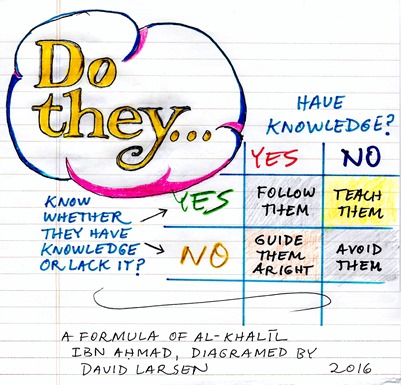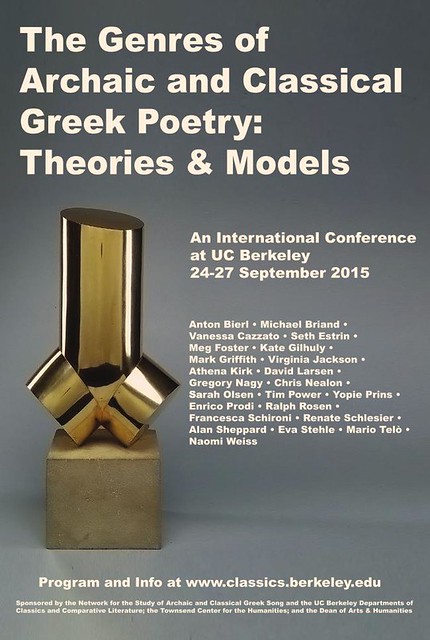Once there was a young nobleman of uncommon beauty, who fashioned the image of a girl out of gold. He said to his mother and father: "I will marry a girl like this, if she can be found."
At this time, in another kingdom, there was a girl as beautiful as he, who fashioned the image of a man out of gold. She said to her mother and father: "I will marry a man like this, if he can be found." Both sets of parents made inquiries, and across the distance they contracted a marriage between the two, and solemnized their union as husband and wife.
It happened after this that, clutching a mirror, the king of the realm demanded of his ministers: "In all the world, is there a man whose face rivals mine?" They responded: "We who are your subjects have heard it said that there is another man in the kingdom whose beauty surpasses all others." At once the king dispatched a messenger in search of him.
On finding him, the messenger said to the young man: "The king desires the benefit of your wisdom." Straightaway the young man prepared his chariot, and had already set off for the palace when the thought hit him: "It is for my intelligence that the king summons me." To gather the teachings he thought he would need from his books, he therefore returned to his home, - where he found his wife in a state of abandon with a complete stranger. The emotional distress this caused in him had an altering effect on his face, producing an extraordinary physiognomic change for the worse that only worsened as time went on.
[Outside the palace,] the young man's reduced state did not escape the notice of the king's minister, who thought the rigors of the journey were what had thinned his face. And so he had a place set aside for him in a stable, - where, in the middle of the night, the young man spied the king's own consort entering the stable and joining one of the grooms in illicit union. His heart at once was lightened: "If this is how the wife of a king conducts herself?" he thought. "No wonder my wife does the same." At this, his worries evaporated and his face regained its former beauty.
The time came for his interview with the king, who asked: "Why have you lodged outside the palace for the past three days?" The young man responded: "After setting off with your messenger, I thought I had forgotten something, and went back along the road to my house in order to get it. There I found my wife in a state of abandon with a stranger. It pained me sharply, and in my extremes of pathos and rage, my face became altered. For three days I rested in a stable, O King, - where I saw your consort in illicit union with one of the grooms.
"If this is how your wife conducts herself," the young man continued, "then no wonder my own wife does the same. My worries have evaporated, and my face has regained its composure."
"If this is what my own wife is like," said the king, "then how much more so ordinary women!"
Thereupon, both men took off to the mountains together. They cut their beards and shaved their heads and became ascetic devotees. Adopting the view that the company of women makes sacred occupations and devotions impossible, their progress toward excellence was uninterrupted, and both men attained the way of the Pratyekabuddha.
From the
Jia za pi yu jing (Ancient Book of Various Metaphors) attributed to Kang Senghui (d. ca. 280 CE), and included in the Taishō ed. of the Chinese Buddhist canon; French tr. by Édouard Chavannes,
Cinq cents contes et apologues extraits du Tripiṭaka chinois (Paris: Ernest Leroux, 1910-34),
vol. 1, 374-6.







